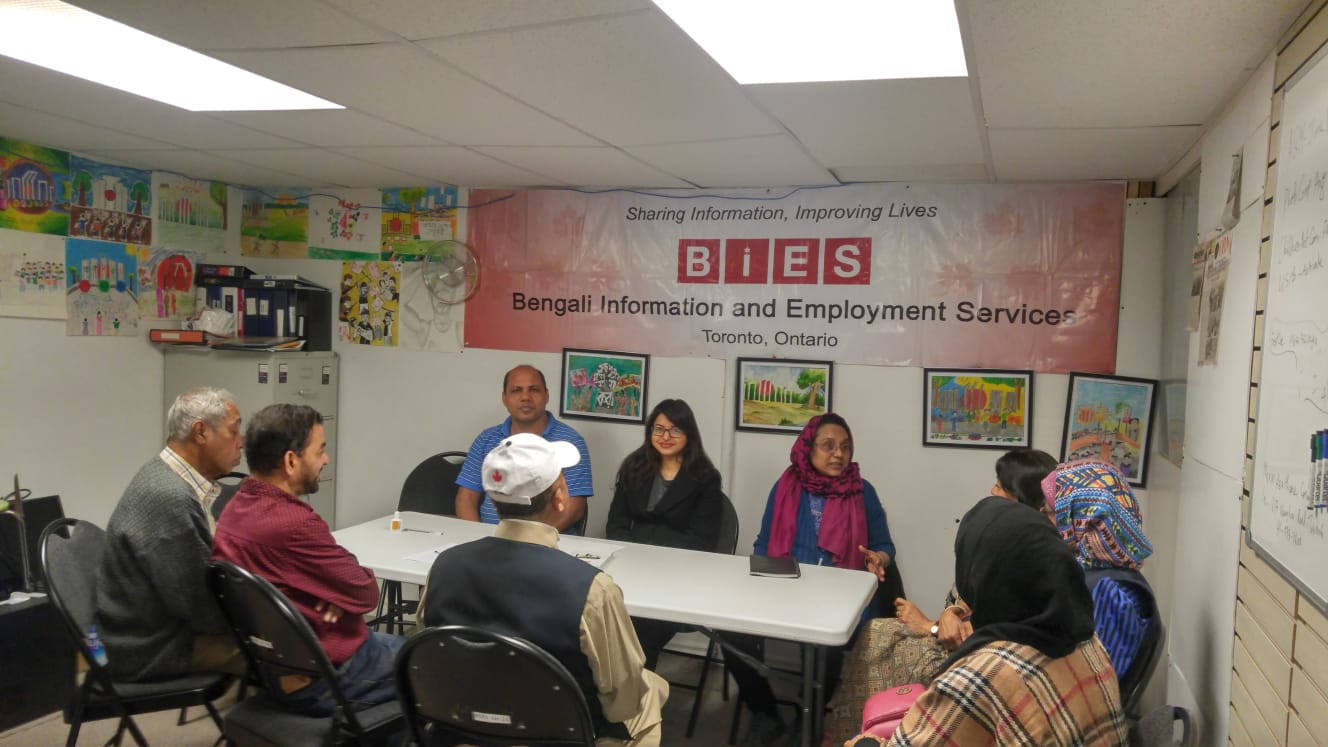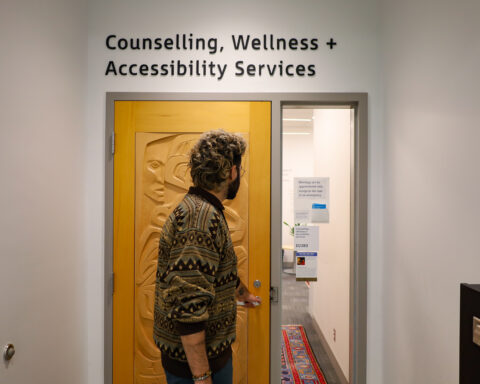Difficulty communicating with parents, racism, financial tensions, and mental health struggles are among the leading causes of suicide for Canadian Bangladeshi youth according to a new study. The study began in late 2017 and was conducted by the Toronto-based nonprofit, Bengali Information and Employment Services (BIES). The organization began its research following the suicides of 14 young men in the Canadian Bangladeshi community between 2016 and 2017. They were all young men attending college or university in the Greater Toronto Area (GTA). The study was published online this past June.
“While interviewing youth for the study, we have found out that some of them are having suicidal thoughts,” said Golam Mostafa, one of the key researchers.
Members of BIES decided to tackle the crisis by conducting a Participatory Action Research. They conducted three focus group discussions, one with parents and two with 18 youth between the ages of 14-25. The research suggests there’s a significant lack of communication between Bangladeshi parents and their children. This is troubling considering that the Canadian Bangladeshi community values close family relationships.
According to the study, young people feel like they don’t have much freedom when making decisions about their relationships and careers. They said they struggle to openly discuss their sexual orientation, relationships or life plan with their parents. Isolation and a sense of rejection were cited as factors in their depression and other mental health challenges.
Mental Health and Well-being Ignored
The alternatives presented to the Bangladeshi youth were also less than ideal. The researchers found that there weren’t many resources available for people having mental health crises in Canada.
Nesar Ahmed is one of the BIES researchers but he also works as a Crisis Counsellor at Gerestein Centre. Ahmed stressed the importance of getting more funding in order to provide youth with more resources. Some of the crisis helplines may not be adequately staffed Ahmed said and getting an appointment with a psychiatrist may take longer which is a barrier in accessing mental health support.
“Young people have limited chances to avail counselling and psychosocial support. Some jobs may cover this, but getting those kinds of secure jobs with mental health issues [coverage] is difficult for them. Getting a referral for counselling takes time. The problem may worsen by this time,” he explained.
Ahmed also said that a language barrier can also be a reason why youth are reluctant to seek support.
Broken Dreams, Blurred Identity
When the study participants were asked to self-identify, Ahmed noticed a difference in how the parents and the youth saw themselves. The immigrant parents typically referred to themselves as Bangladeshi-Canadian while their children tended to identify themselves as Canadian-Bangladeshi. Ahmed thinks that this distinction is part of a larger gap in communication and understanding between parents and the youth. The study found that the social pressure of carrying Bangladeshi values and identities, such as being successful in the academic and professional realm, is unbearable sometimes for some youth.
The parents in the study spoke about systemic racism, classism, precarious work and “survival jobs”, and struggling to maintain a work-life in their interviews. They also mentioned that they experience discrimination and classism based on things like their houses, cars and jobs from within their own community. The stresses of parents’ social and professional lives can hamper a balanced family environment at home.
Some parents put a lot of pressure on their children to be successful because of their own frustrations. Youth in turn, can find it difficult to convince their parents to see their perspective when it comes to career choices. Traditionally, most immigrant parents only deem people who have careers like doctors and engineers to be successful but youths these days have a wide range of career choices such as social media influencer, professional gamer, athlete, entrepreneur, photographer, filmmaker. The youth mentioned having problems talking to their parents about choosing a life partner.
Searching for Solutions
The study also included a number of possible solutions for the community to address the deadly trend. According to the researchers, the most important thing parents and youth can work towards is strengthening family bonds and improving communication skills. During the interviews with the researchers, the youths expressed frustration over not being able to spend quality time with their parents.
The researchers recommended that families focus more on their strengths instead of their weaknesses, and striking a balance between traditional values and Canadian values. He also said that ensuring the availability of mental health supports and resources is also necessary.
“It’s tough to raise kids here, no doubt. I think I am my son’s friend. I try to inspire him rather than forcing. Very often Bangladeshi parents impose their own wishes on their children. I think it is a terrible idea,” said Ujjal Das. Das is a Bangladeshi journalist and father of two based in Toronto.
While the government should increase resources, we have some duties towards the community as well, thinks Mostofa. “There is no community youth center for Bangladeshis. We need community-based support centers. We can take steps to build those centers.” He said.
Canada is home to almost 100,000 Bangladeshis according to Bangladesh’s official government sources. A majority of them live in the GTA.
Photo provided by BIES
___________________________________________________________
If you’re thinking about suicide, are worried about a friend or loved one, or would like emotional support, help is available.
Crisis Services Canada
Hours: Available 24 hours for calls; Available 4 PM—12 AM ET for texts. Languages: English, French. Learn more
833-456-4566 SMS: 45645
Ruhina Taskin has worked in both communications and journalism for more than five years. She has a Master's degree in Human Rights from Goldsmiths, University of London and is now based in Toronto.





